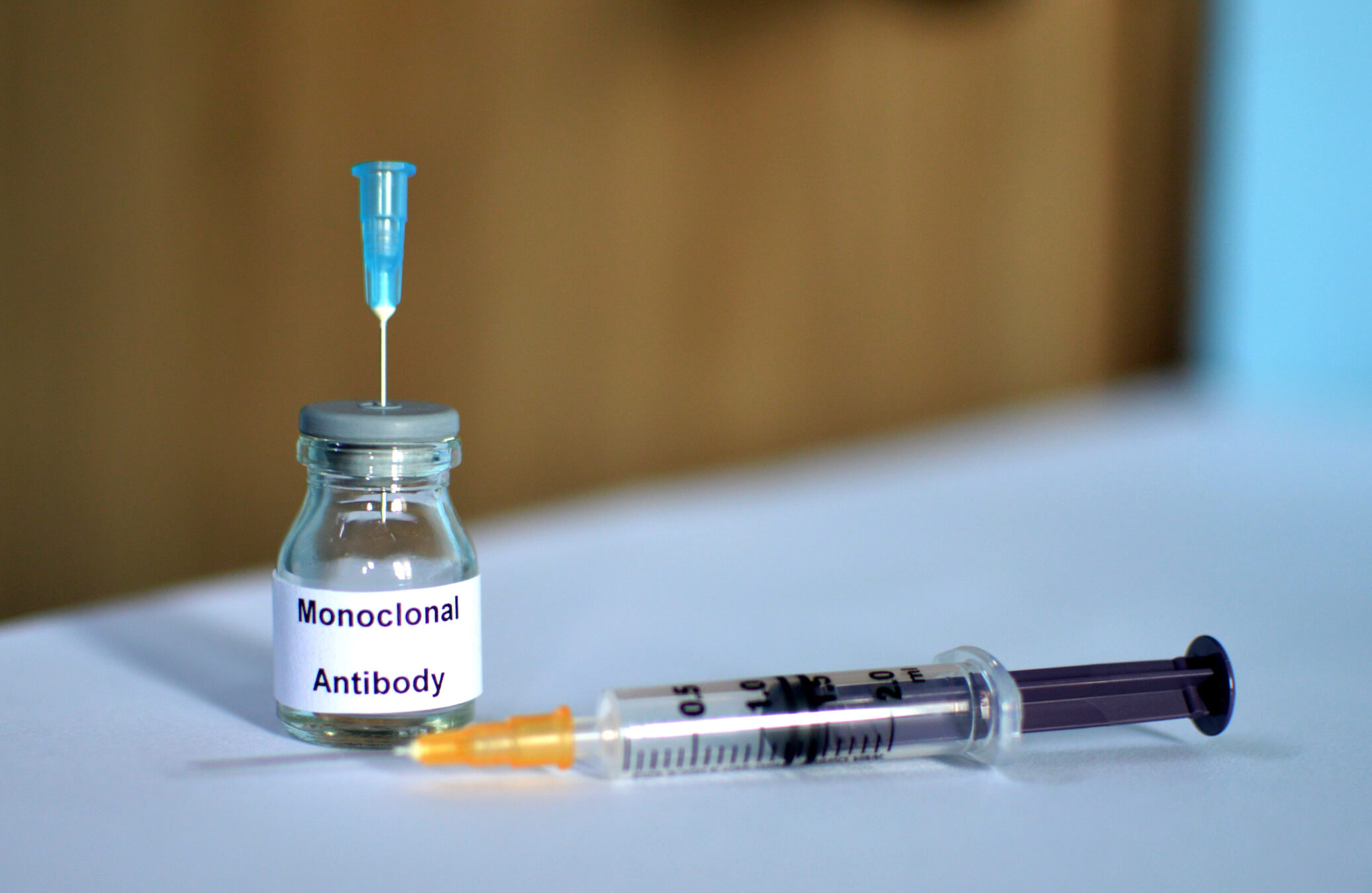Monoclonal Antibody Therapy Administration – What to Expect
May 27, 2021

Monoclonal antibody treatment has shown to be effective in treating patients with early-stage COVID-19. By adding antibodies that are pre-assembled and pre-programmed to combat the coronavirus, we can give the body a shortcut, improving its immune response.
The following steps are observed if you are planning to receive the monoclonal antibody treatment:
- When a high-risk person contracts COVID-19, the procedure for receiving monoclonal antibody treatment starts with a one-to-one consultation with an internal medicine doctor, followed by appointment scheduling for those who qualify. If you have any of the following conditions, be sure you discuss them with the doctor beforehand:
- If you have any allergies
- If you are pregnant
- In case you are suffer from any significant illnesses
- If you use vitamins or herbal supplements, or if you use any prescription or over-the-counter medications
- Intravenous (IV) injection is used to administer monoclonal antibody therapy. The therapy can also be administered subcutaneously.
- It takes about an hour to receive a monoclonal antibody treatment after which the patient is kept in observation for some time.
- An allergic reaction may happen as a side effect of monoclonal antibody treatment. These reactions usually only happen during or shortly after the treatment, and your Care Team will be on the lookout for any signs of an allergic reaction in the post-treatment observation time.
- The patient is sent home to quarantine after the treatment and counselled to continue to meet the usual isolation protocols for people who have tested positive for COVID-19.
- The patient should keep in touch with their primary care physician for a tele-consultation follow-up over the next 7 – 10 days time.
Taking COVID vaccine after receiving Monoclonal Antibody Therapy.
It is recommended that you wait at least 90 days before having the COVID vaccine because active antibodies can interfere with the vaccine's effectiveness. The immune system is primed to react to the vaccine after the antibodies have had time to clear the system.






